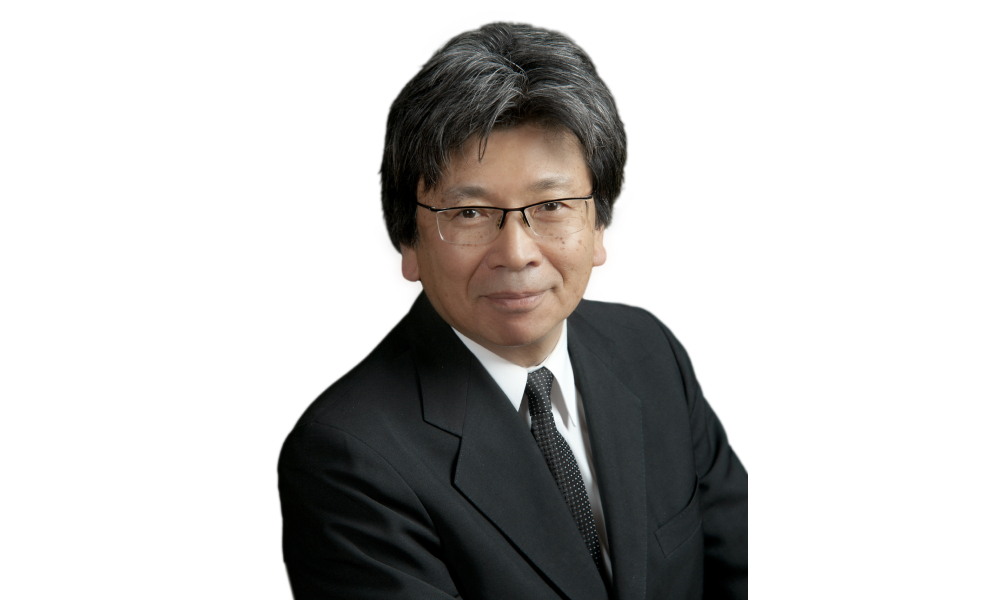Shin Imai, who filed the suit, co-founded Justice and Corporate Accountability Project

Osgoode Hall professor Shin Imai has filed suit against the federal foreign affairs minister contending that Canada has improperly withheld information about its diplomatic interventions on behalf of Goldcorp, a Canadian company accused of human rights abuse at its mine in Guatemala.
On Mar. 2, the Federal Court of Canada heard the case of Shin Imai v. Canada (Minister of Foreign Affairs), wherein Imai, represented by Major Sobiski Moffatt LLP, alleged that the federal government redacted information that Canadians have a right to see under access-to-information law and sought a court order for Global Affairs Canada to reveal the blacked-out information on 20 pages of documents that the department disclosed pursuant to an access-to-information request.
Imai submits that these documents hide details about communications among Canadian officials, Guatemala, Goldcorp and the Inter-American Commission on Human Rights. The portions of the documents released suggest that Canadian officials quickly intervened on Goldcorp’s behalf, including through lobbying decision-makers in Guatemala and in the commission, the suit alleged.
In 2010, the commission made a request for the closure of Goldcorp’s Marlin mine in response to evidence of the lack of consultation of Indigenous communities regarding the mine and concerns that the mine’s operations contaminated the communities’ water resources. In 2011, Guatemala said that it would not shut down the mine, while the commission retracted its request.
Several civil society organizations have supported Imai’s lawsuit. Emily Dwyer, coordinator of the Canadian Network on Corporate Accountability, said the organizations are concerned that Canada’s officials have potentially attempted to improperly influence decision makers.
“Although many details are blacked out, these records paint a damning picture,” said Dwyer in news releases from several organizations, including Amnesty International Canada and MiningWatch Canada, in early March. “Canadian officials including ambassadors and cabinet ministers went to great lengths to present Goldcorp’s position to the Guatemalan government and the IACHR.”
“Communities impacted by the mine tell us that they are still dealing with polluted rivers, the destruction of sacred sites and property damage,” said Jean Symes of Inter Pares in a release.
“The Canadian government’s decision to go to court rather than disclose this additional information raises the question: what else did it do to support Goldcorp?” Imai asked. He added that Canadians have the right to examine the federal government's actions in this matter.
Imai is professor emeritus at Osgoode Hall Law School at York University and co-founder and director of the Justice and Corporate Accountability Project. He has worked for Keewaytinok Native Legal Services in Moosonee and for Ontario’s ministry of the attorney general. He has also served as academic director at Parkdale Community Legal Services, director of clinical education and co-director of the Latin American Network on Research and Education in Human Rights, and director of the Intensive Program on Aboriginal Lands, Resources and Governments.
Originally published in Canadian Lawyer Magazine.